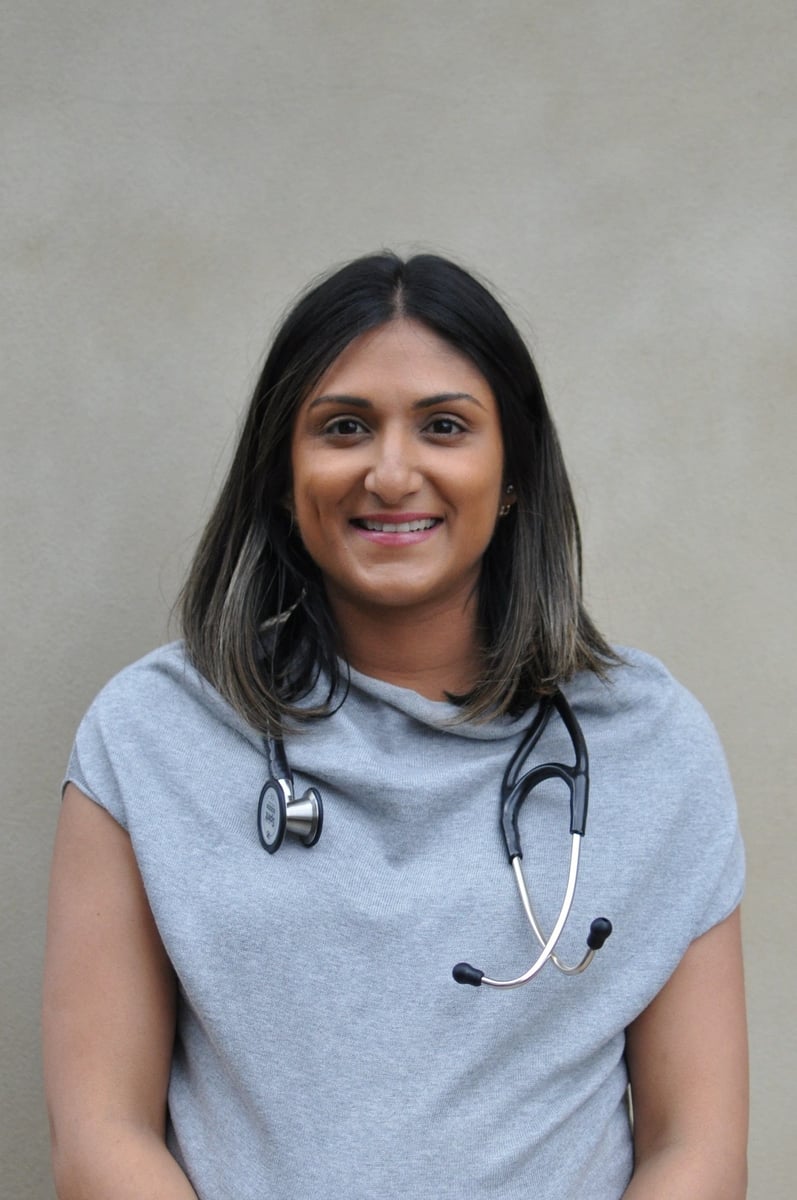
Deciding to start a family is an exciting but daunting time. There is a lot to think about and you will likely have a bunch of questions.
How do I track my menstrual cycle? Can I keep running? What should my partner be doing to help me? What if it's just not happening?
So, we spoke to Melbourne medical practitioner and mother-of-two, Dr Preeya Alexander, who shared eight things to consider if you're trying for a baby.
Here's what she had to say:
1. Talk to your GP in person or via Telehealth.
The first thing I always say when patients come to see me is, 'It’s so wonderful you are here!' because there are still many people who are not aware how important preconception care is. In fact, 50 per cent of Australian women are missing out on preconception care.
 Dr Preeya Alexander. Image: Supplied.
Dr Preeya Alexander. Image: Supplied.




























































































